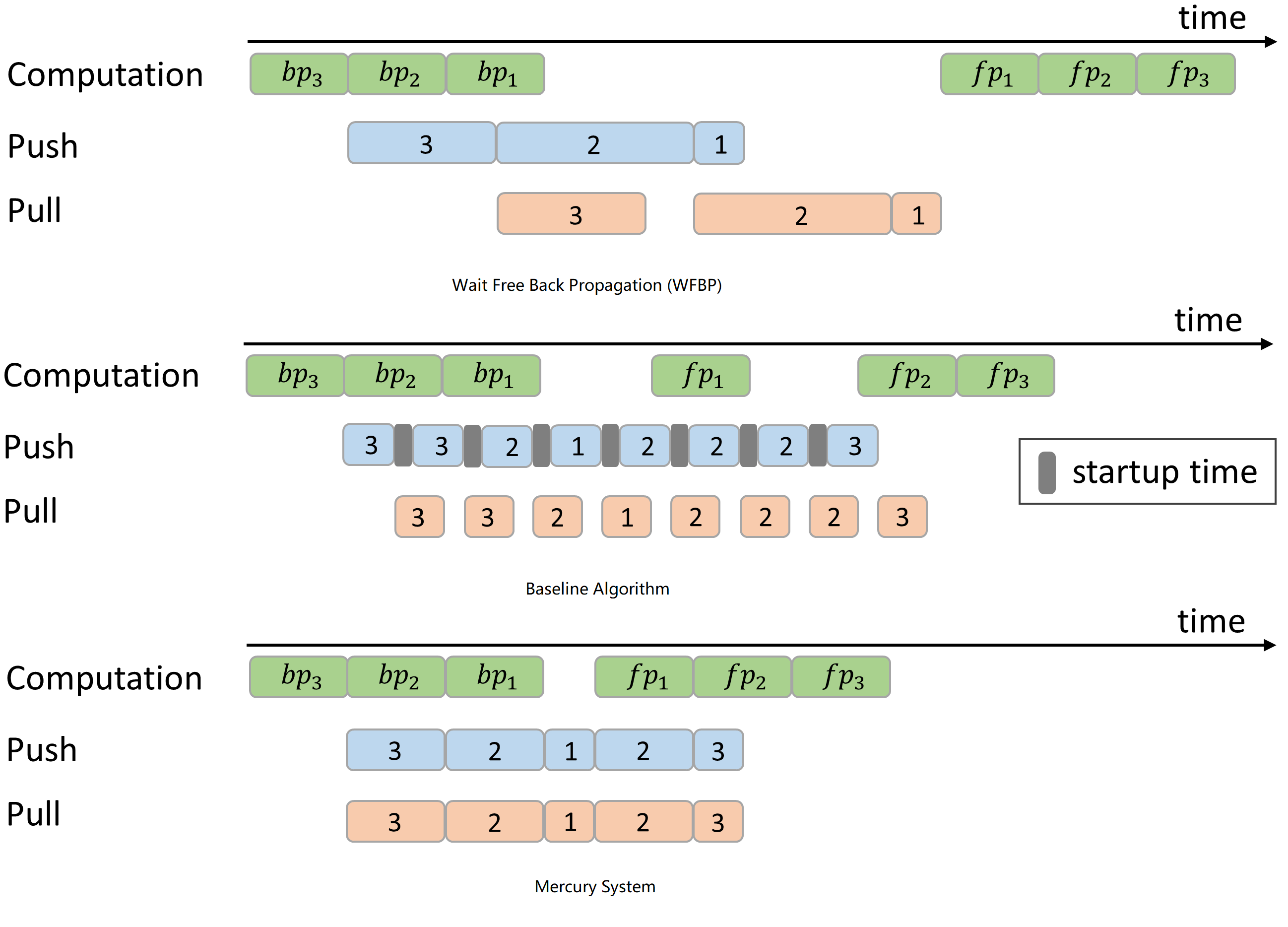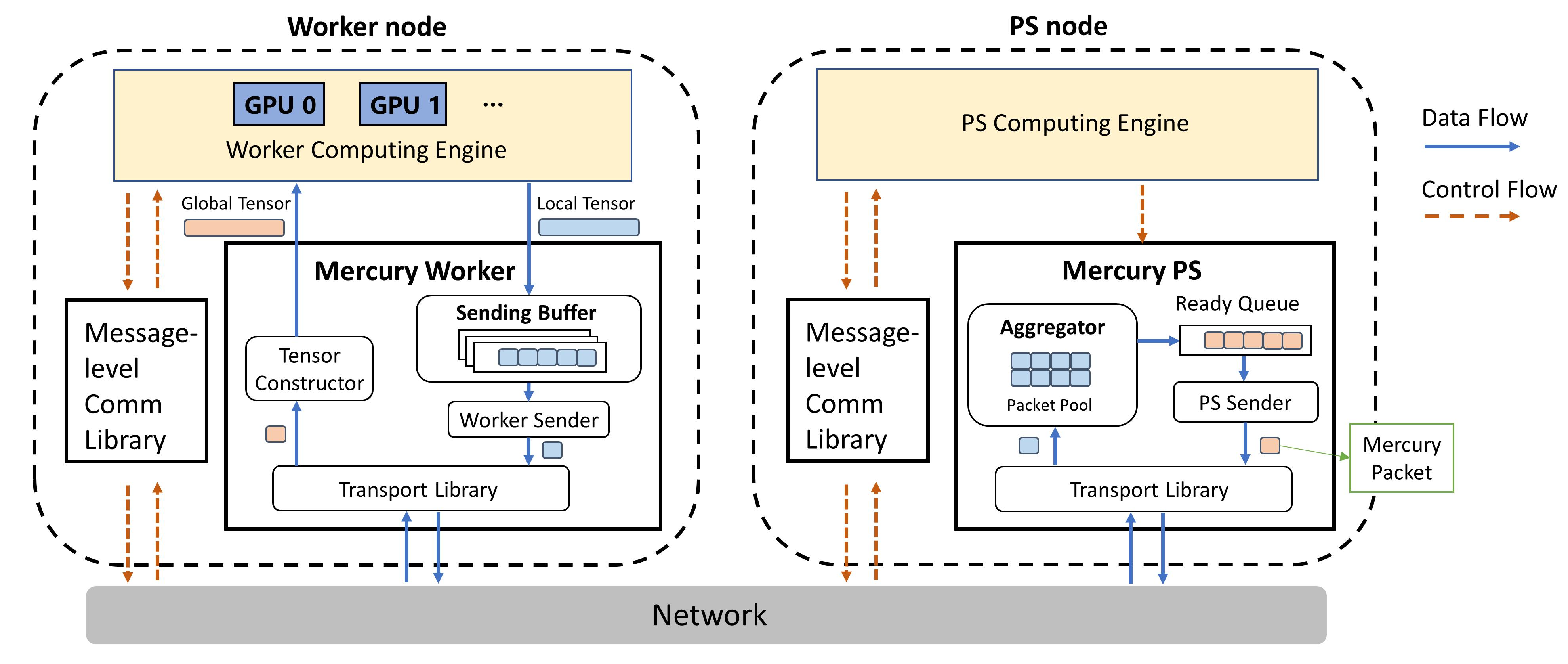Machine Learning Systems
making deep learning training and inference faster
Large language model (LLM) training and inference systems are highly complex and rapidly evolving. Optimizing their efficiency remains a critical challenge, largely due to the intricate coupling among algorithms, software, and hardware. Moreover, the massive scale of LLM systems makes them inherently fragile: a single point of failure can disrupt the entire cluster, while a single straggler device can delay synchronization and waste substantial resources. These vulnerabilities underscore the importance of ensuring system reliability and stability. We are currently exploring three interrelated subprojects, including scale-up networks (SuperPods), reinforcement learning frameworks, and reliability issues. We work closely with researchers from Huawei, Tencent, Alibaba, Ants and telecom companies.
Selected Papers
[USENIX NSDI 2025] Holmes: Localizing Irregularities in LLM Training with Mega-scale GPU Clusters

[IEEE Infocom 2025] MemFerry: A Fast and Memory Efficient Offload Training Framework with Hybrid GPU Computation
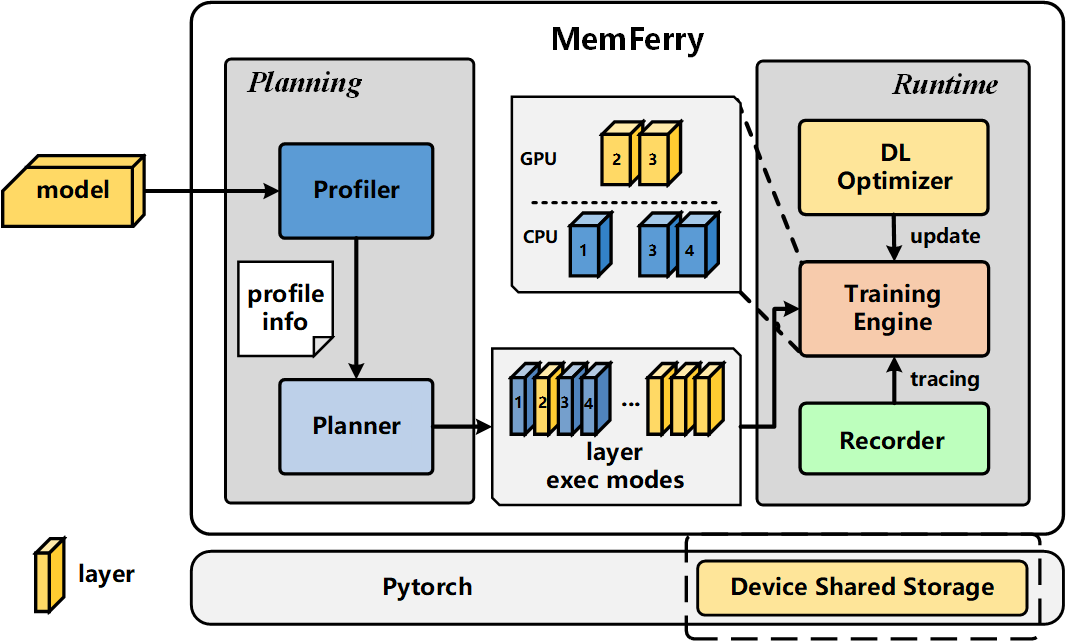
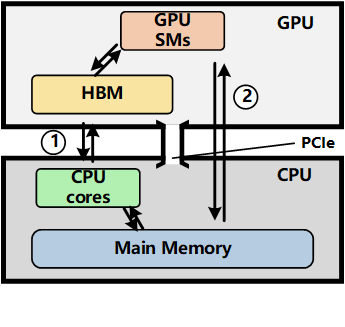
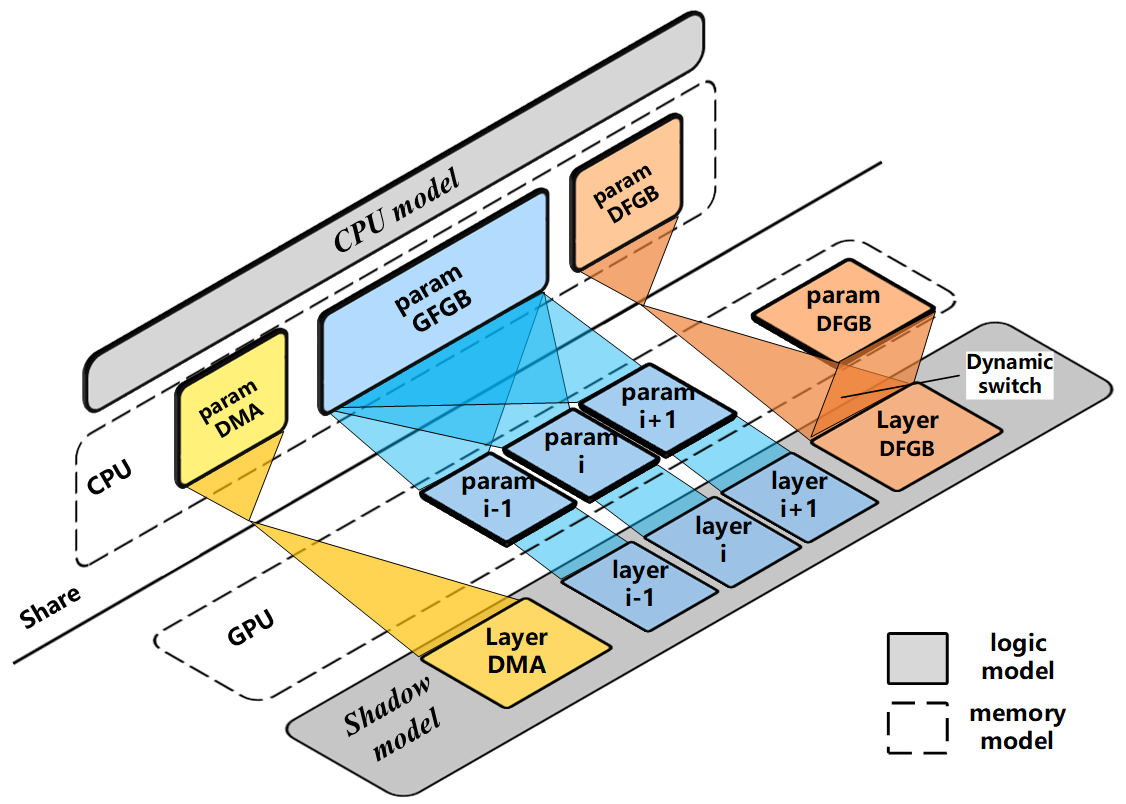
[IEEE TPDS 2023] Accelerating Distributed DNN Training via Transport Layer Scheduling
